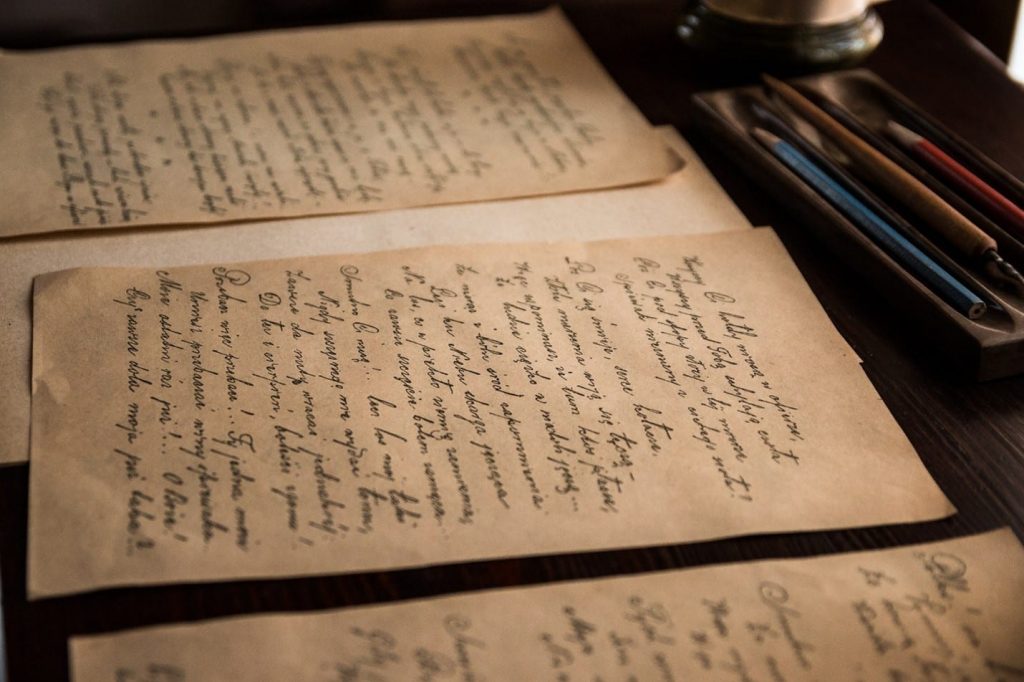Why Hiring a Genealogist is Essential for Your Family History Book
November 6, 2024
Investigating your family history goes beyond gathering names and dates; it’s about uncovering the essence of who you are and where you come from. By learning about your ancestors, you ensure that their stories live on in the memories of future generations.
More people than ever are using the internet to trace their family roots, with sites like Ancestry.com and FamilySearch sparking an explosion of interest in personal ancestry.
While some individuals prefer a DIY approach, navigating family history research can be complex, especially for those lacking a foundational understanding of historical records and language proficiency. This is where a professional genealogist can assist. A genealogist offers skills, knowledge, and resources that the average researcher may not possess.
The Expertise of a Professional Genealogist
Genealogy involves more than merely compiling names; it is like piecing together a puzzle using obscure archives and centuries-old documents that few people can access, let alone decode. Professional genealogists are uniquely equipped to tackle these challenges and verify ancestry lines going back five generations or more.

A genealogist’s toolkit includes the skills necessary to read historical documents, decipher handwriting, and recognize archaic symbols and languages that may appear in family records.
They interpret data from old census records, church registers, property deeds, and immigration records, often written in foreign languages or outdated terminology.
Genealogists not only read and make sense of these records but also understand their significance in the broader context of your family history.
“Genealogists are more than researchers—they’re detectives of the past, piecing together fragile clues from faded ink and forgotten archives to uncover the hidden chapters of your family’s story. With each document decoded and every lineage verified, they turn ancestral mysteries into history you can hold,” says Dr. Eleanor Whitmore, Certified Genealogist and Historical Researcher.
Moreover, experienced genealogists can assess the legitimacy of documents and match data points to ensure consistency. This is particularly crucial when dealing with common names or records that contain gaps or contradictory information. Genealogists are both historians and detectives, adept at finding the missing pieces that form your family’s narrative.
Without professional guidance, your exploration of family history may become frustrating and chaotic. A skilled genealogist employs tried-and-tested tools, knowing what strategies are effective and which are not.
When you trust a genealogist, you can be confident that your family story will be compelling and well-supported by credible evidence.
Access to Exclusive Resources
One of the primary advantages of hiring a professional genealogist is their access to databases, historical societies, libraries, and government archives that are often off-limits to the general public. They may also have access to subscription-based databases containing obscure records, ship passenger lists, and land deeds that are not available through mainstream sites like Ancestry or MyHeritage.
For instance, genealogists typically belong to organizations such as the Association of Professional Genealogists (APG) and are connected with local historical societies, giving them access to specialized databases and rare collections. These resources can help you discover unique aspects of your relatives’ lives, such as service records, family letters, or probate files that search engines often overlook.

Additionally, a genealogist’s network extends beyond databases to include local historians, archivists, and fellow researchers worldwide.
This global network is invaluable when researching families with immigrant backgrounds or those who moved frequently, leaving behind fragmented documentation.
By collaborating with a genealogist, you gain access to resources and connections that would be difficult to reach on your own.
If you’re attempting to trace an ancestral line back to 18th-century Europe, for example, a genealogist’s connections and resources could be crucial in accessing church records or civil registrations that might otherwise be off-limits.
Accuracy and Reliability in Research
Inaccurate links, mistaken identities, and synthesized family lines are common pitfalls in family history research. Effective genealogy is not merely about gathering names but ensuring that each link is substantiated and consistent with the broader family narrative.
Professional genealogists verify their sources by cross-referencing information against recognized genealogical resources to confirm birth dates, marriages, and migration routes.

They can prevent mistakes that amateur researchers might make, such as confusing two individuals with the same name or linking unrelated branches of a family tree.
For example, a novice researcher might see two census entries for the same name and birth year and mistakenly conclude they are the same person.
A professional genealogist, however, would conduct a more thorough investigation, examining nearby relatives, neighbors, and occupational records to ensure the correct identification.
The difference between an amateur family tree and a meticulously researched family history lies in this level of detail.
Creating a Comprehensive Family History Narrative
Family history is about crafting a narrative that brings your ancestors to life. Rather than just compiling names and dates, a genealogist’s storytelling skills become essential. A good genealogist contextualizes your ancestors’ lives within their time and place, incorporating the events and culture that shaped them.

Professional genealogists blend primary research with storytelling techniques to weave together individual stories into a rich, detailed tapestry of your family history.
They may explore how your family migrated westward during the Great Migration or the impact of the World Wars on their lives.
Genealogists can also collaborate with family history writers or ghostwriters to produce a full-length book, integrating maps, photos, and family letters to create a vivid picture of your ancestry.
What you end up with is not just a family tree, but a compelling narrative—one that encompasses not only who begat whom but also the experiences of hardship and joy, heartbreak and hope, monotony and triumph. This is the kind of story that future generations will cherish.
Ethical Considerations and Sensitivity in Handling Family Secrets
While genealogists are often seen as investigative reporters, they are also storytellers and stewards of family oral histories.

Accidental discoveries of family secrets—such as unexpected parentage, hidden adoptions, or long-ago criminal pasts—can be unsettling.
Professional genealogists handle this sensitive information with care and respect.
They adhere to a code of ethics that prioritizes confidentiality, allowing clients to decide how to address sensitive findings.
“Family history research can be as much about managing emotions as it is about finding facts. A genealogist helps navigate both with care and respect,” states the Association of Professional Genealogists (APG).
his ethos is especially important when writing a family history book, where the goal is to present an accurate yet compassionate portrait of one’s ancestors.
A genealogist’s sensitivity ensures that the final narrative honors the complexities of family relationships, balancing the living and the deceased.
What to Expect When Working with a Genealogist
Typically, working with a genealogist begins with an initial consultation to discuss your family history goals, share available documents, and outline a research plan. This helps establish a clear understanding of the project’s scope, timeline, and potential costs.
Throughout the research process, the genealogist will keep you informed with periodic reports, charts, and summaries. Depending on your needs, they may create visual family trees, narrative summaries, or even material for a full-length family history book.
The process is tailored to your specifications, resulting in a project that reflects your preferences. Whether you desire a simple tree or a detailed biography, a genealogist will work with you to ensure your family’s story comes to life.

Genealogy is more than just uncovering names and dates—it’s about piecing together the puzzle of your family’s history.
While the temptation to conduct this research on your own is understandable, hiring a professional genealogist offers numerous advantages.
They possess expertise in historical records, access to subscription-based databases, and the skills necessary to bring your family’s past to life with precision and depth.
Genealogists do not just research; they write compelling narratives that preserve your legacy for future generations.
They understand the importance of conducting thorough, ethical, and sensitive research. If your goal is to create a complete and engaging family history book that honors your heritage, investing in a professional genealogist is well worth it.
Contact TWFH today to speak with a genealogist writer. The people who shaped you have stories to tell, and with their help, you can solidify a legacy that will be cherished for generations to come.






























